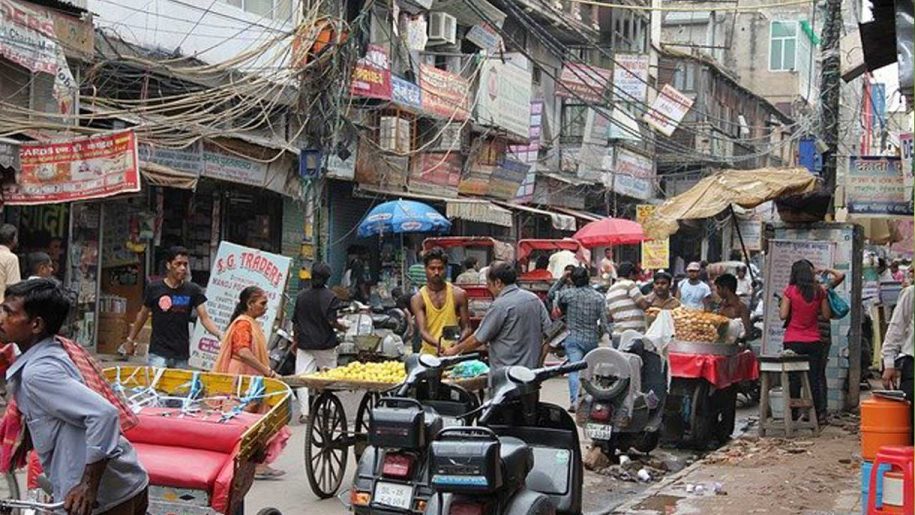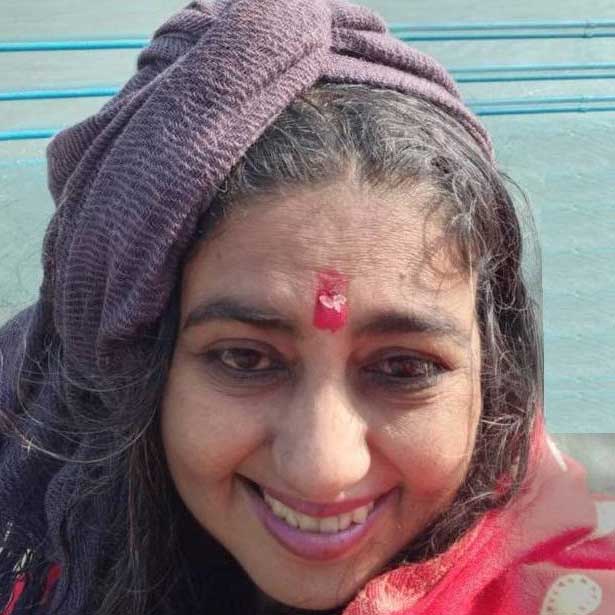East Vs West
At one time, the East was pure, although chaotic. But over the years, things have changed, says Renu Gulati as she traces the gradual decline in human values.
I have travelled across much of south east Asia and the middle East as well as Europe. All people are different, but as a collective trait, I find the East to be much more generous and open in spirit. On the other hand, the West is more organised and efficient. The downside of the east is chaos and petty corruption whereas the west is more mechanised and while there is less corruption among the common people, it is a different story among the higher-ups.
I realised that the petty day-to-day corruption in the east comes from the survival instinct and the greed that goes with it in a relatively feudal and financially underdeveloped region. On the other hand, the high-level insidious corruption in the western world comes from people for whom control and greed make them reach out to attain unfathomable heights.
Greed is a human condition born of the desire to survive and gain name and power. It is neither an eastern or western trait. On the contrary, it is innate.
But the western model of greed is subtle and highly dangerous as it corrupts the human mind through brainwashing and hypnotism. Most humans don’t even have the faculty to fathom it. It creates unsurpassable greed, mechanised humans and undermines the innate quality of love within the heart.
I do not condone corruption, in whatever form it presents itself. However, corruption destroys values and it is sad to see even easterners succumb to it. Lies, cheating, hypocrisy, back-stabbing and such immoral practises are by products of this greed.
But this decline in values in the east is more recent. Earlier, a couple of decades ago, I found an openness of the heart along with chaos. In the west, where I grew up and studied, I found a superficial politeness and an organised society which was also very appealing.
I kept on coming back to India and travelling to eastern countries to enrich my heart, but was often confused with the chaos. I loved the organisation and predictability of the west too. I longed for a culture wherein the heart and organisation would work together, hand in hand.
In the east, I was touched to be offered food and friendship from strangers. However now, I am often warned to be cautious as people can poison you with food and run off with your belongings. In the West, this was rare, and we were taught from childhood to be careful if it did happen.
The Bhagavad Gita says that where there is no trust, there is destruction. So, in my worldview, this is a very sad state of affairs as it is trust that nourishes the soul.
You might find my views negative, but it represents my true experiences while living in India for the past two decades. I perceive the solution is to be surrounded by people whom I can trust. I can also try to counteract corruption but for successful results, this needs to be done collectively.
Ayurveda and Yoga describe the three basic characteristics of the mind, sattva, rajas and tamas.
Sattva is a state of clarity and harmony.
Rajas is the state of passion, lust, greed and anger.
Tamas is the state of dullness, ignorance and inertia.
Ayurveda and Yoga encourage increasing the level of sattva through a prescribed diet and lifestyle routines. In ancient India, and probably in most ancient cultures, the quality of sattva was greater than it is now.
Sattva is created, first and foremost through the mind. Cultivate non-violent and virtuous thinking at all times and by cultivating positivity through the intellect and by exercising discrimination and by keeping wholesome company.
I end with Gandhi’s quotes:
‘Be the change you want to see in the world.’
‘There is enough for everyone’s need but not enough for everyone’s greed.


